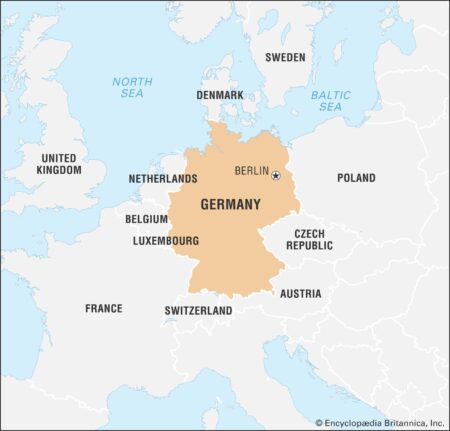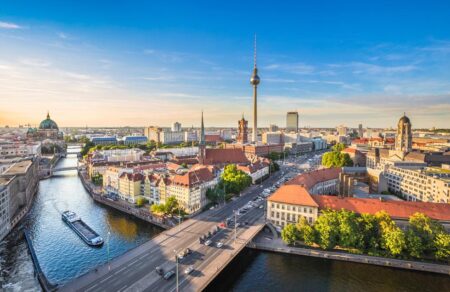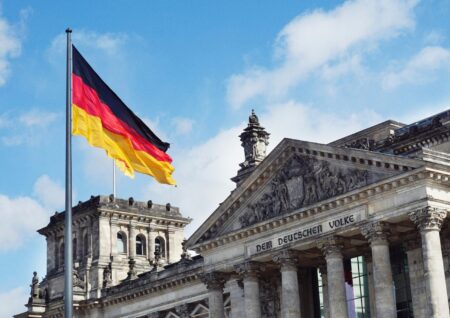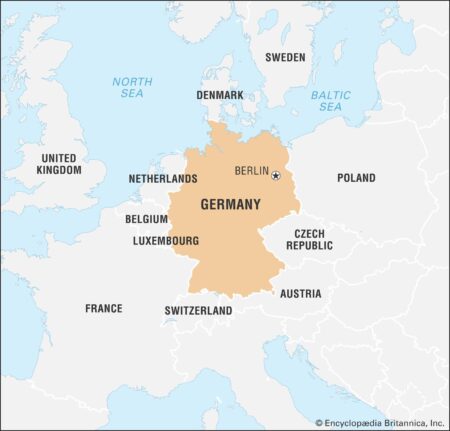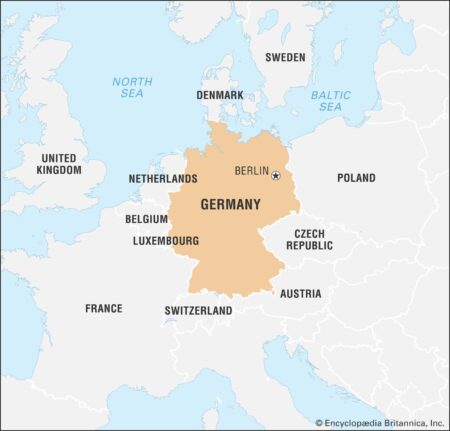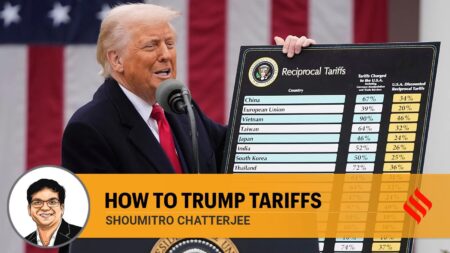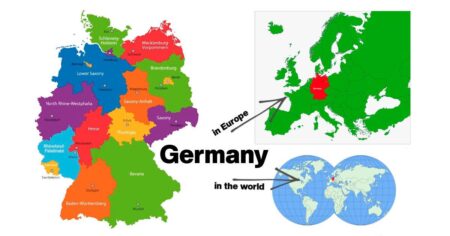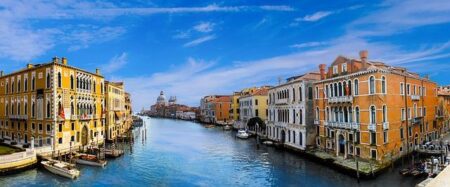Germany’s CDU leader, Friedrich Merz, condemned the recent attack on Sumy, labeling it a “war crime” by Russia. His statement reflects growing concern over escalating violence in Ukraine and calls for greater accountability on the international stage.
Browsing: Merz
Germany’s Friedrich Merz has warned that proposed tariffs by former President Trump could ignite a financial crisis, jeopardizing global trade stability. He emphasized the need for diplomatic solutions to avoid escalation and protect economic interests.
Germany’s Friedrich Merz is poised for election as chancellor on May 6, according to sources. His leadership marks a significant shift in the political landscape, as he aims to unify the party and address pressing national issues amid ongoing challenges.
In a significant shift in German politics, the far-right Alternative for Germany (AfD) has topped the polls for the first time, posing a challenge to Chancellor-in-waiting Friedrich Merz. This development signals rising support for nationalist sentiments amid national debates.
Germany’s opposition leader, Friedrich Merz, has unveiled a coalition deal aimed at stimulating economic growth and addressing migration challenges. The agreement seeks to unite various factions in a bid to bolster Germany’s stability and prosperity.
Germany’s Friedrich Merz has finalized a coalition deal aimed at addressing the rising challenges posed by a resurgent Trump administration. The agreement underscores the urgency for European leaders to unify against potential political shifts across the Atlantic.
German chancellor-designate Friedrich Merz emphasized the advantages of EU unity in response to shifting Trump tariffs. He highlighted that a coordinated stance among member states can better protect their economies against external pressures.
In ongoing coalition talks, Germany’s Finance Minister Christian Lindner of the Free Democrats (FDP) seeks to bridge gaps between conservative leader Friedrich Merz and the Social Democratic Party (SPD). Key issues remain unresolved as negotiations progress.
Germany’s Friedrich Merz has achieved a significant breakthrough in securing approval for a massive spending plan aimed at stimulating economic growth. The initiative, seen as a pivotal move for the economy, is set to reshape fiscal policy and address pressing challenges.
In a significant political shift, German leader Friedrich Merz has secured the support of the Green party for an increase in defense spending. This bolsters Germany’s military commitments and reflects heightened geopolitical tensions amid calls for a more proactive defense strategy.
In a dramatic late-night meeting, a critical 3 a.m. showdown solidified Merz‚Äôs innovative strategy to revitalize Germany’s economy. Key stakeholders rallied behind the plan, marking a pivotal moment for the nation’s financial future amid escalating challenges.
Germany’s finance minister, Christian Merz, faces a critical deadline to unveil a groundbreaking spending plan aimed at revitalizing the nation’s economy. With just two weeks to act, the implications of his decisions could reshape fiscal policy for years to come.
In a bold move, German leader Merz is pushing to enshrine economic policies into the constitution, raising concerns about potential long-term implications for Germany’s financial stability. Critics argue this approach could solidify a path toward economic decline.
Germany’s asylum seekers express growing anxiety over Friedrich Merz’s proposed immigration reforms, which could tighten entry requirements and complicate their paths to residency. Many fear these changes may jeopardize their hopes for a stable future.
Germany’s leader, Friedrich Merz, has pledged to enhance national defense capabilities, declaring he would do “whatever it takes” to strengthen the military. This commitment follows ongoing security concerns in Europe, reflecting a shift towards increased military readiness.
Amidst economic uncertainties, Germany’s Finance Minister Christian Merz has initiated a fiscal awakening aimed at revitalizing the nation’s economy. His strategic policies may steer Germany back on track, fostering growth and stability in the Eurozone.
Following his election victory, Friedrich Merz faces the challenge of uniting Germany’s fractured political landscape while asserting strong leadership in Europe. Analysts at Chatham House examine whether he can navigate these demanding responsibilities effectively.
In a recent address, Germany’s Friedrich Merz criticized former President Donald Trump’s influence on U.S. politics, expressing concerns over rising populism. As he attempts to forge a coalition, Merz highlights the need for stable transatlantic relations amid global challenges.
In the latest polls ahead of Germany’s elections, CDU leader Friedrich Merz appears poised to become the next chancellor. Meanwhile, the far-right AfD is experiencing a notable surge, raising concerns about its potential influence on German politics.
Italy’s Prime Minister Giorgia Meloni has extended an invitation to Germany’s opposition leader Friedrich Merz for collaboration on migration policy. This move underscores Italy’s commitment to addressing the ongoing European migration challenges collectively.

